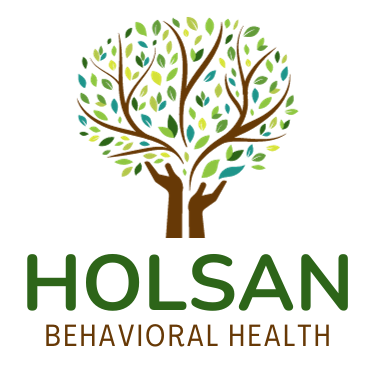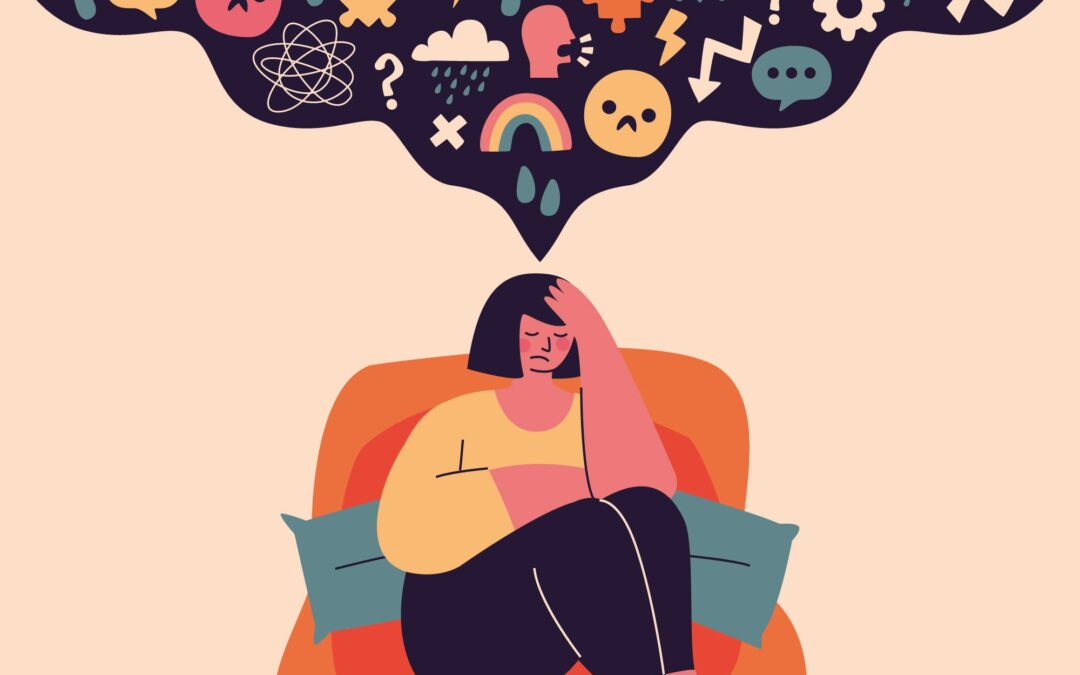Prioritizing your mental health
When we talk about self-care, many people immediately picture bubble baths, herbal teas, and a night off from responsibilities. While those things can be helpful, true self-care goes far beyond pampering. One of the most transformative and essential forms of care is often overlooked: prioritizing your mental health.
Your mental well-being isn’t something to check off a list—it’s the foundation for everything else. When your mental health is tended to, you make better decisions, build healthier relationships, sleep better, and show up more fully for your life.
If you’ve been feeling overwhelmed, unmotivated, or emotionally drained, it may be time to pause and explore what it means to truly prioritize your mental health.
Why Prioritizing Your Mental Health Matters
Mental health affects every aspect of your life—from how you handle stress to how you connect with others. It plays a central role in your energy, focus, physical well-being, and even immune system response (Maslach & Leiter, 2016).
Unfortunately, in today’s fast-paced culture, mental health often takes a back seat. We’re taught to keep pushing, stay productive, and ignore our emotional needs. But ignoring stress, anxiety, and emotional exhaustion can lead to long-term damage like burnout, depression, and chronic health issues (Bianchi et al., 2015).
That’s why prioritizing your mental health is not selfish—it’s essential.
3 Powerful Ways to Begin Prioritizing Your Mental Health
You don’t have to overhaul your entire life to start feeling better. Sometimes, it’s about creating small but meaningful shifts in how you treat your inner world. Here are 3 ways you can begin prioritizing your mental health today:
1. Make Emotional Check-Ins Part of Your Routine
Mental self-care begins with awareness. Ask yourself daily:
“What am I feeling right now?”
“What do I need in this moment?”
Journaling, meditation, or even voice notes can help you process emotions before they build up. Prioritizing your mental health means giving yourself space to feel—without judgment.
2. Set Boundaries That Honor Your Energy
Setting boundaries isn’t about pushing others away—it’s about protecting your peace. Whether it’s limiting social time, stepping back from toxic dynamics, or saying “no” without guilt, boundaries allow your nervous system to rest and recover (Smith et al., 2023).
Prioritizing your mental health often means choosing rest over people-pleasing, and presence over pressure.
3. Ask for Help—You Don’t Have to Do This Alone
Therapy is one of the most powerful acts of self-care you can choose. A trained professional can guide you through difficult emotions, past wounds, and help you develop tools for emotional resilience.
At Holsan Behavioral Health, we believe in empowering people to take control of their mental well-being. Whether you’re facing anxiety, burnout, grief, or just feel emotionally stuck, we’re here to support you with compassion and expertise.
👉 Click here to explore how Holsan Behavioral Health can support your journey.
What Happens When You Start Prioritizing Your Mental Health
When you commit to your mental wellness, you start noticing small but powerful changes:
- Your sleep improves
- You feel less reactive and more grounded
- You experience more clarity in decision-making
- Your relationships become more balanced
- You begin to trust yourself again
Most importantly, you begin to live a life rooted in alignment—not just survival.
Remember: prioritizing your mental health is an ongoing practice, not a one-time fix. But every step you take—no matter how small—is a step toward healing and wholeness.
You Deserve to Feel Good, Not Just Look Okay
True self-care is about building a relationship with yourself that is rooted in respect, compassion, and awareness. It’s saying:
“I matter. My mind matters. My feelings matter.”
Prioritizing your mental health is one of the kindest things you can do for yourself—and for the people you love. Let it be your new foundation, not your last resort.
References
- Bianchi, R., Schonfeld, I. S., & Laurent, E. (2015). Burnout–depression overlap: A review. Clinical Psychology Review, 36, 28–41.
- Deligkaris, P., Panagopoulou, E., Montgomery, A. J., & Masoura, E. (2014). Job burnout and cognitive functioning: A systematic review. Work & Stress, 28(2), 107–123.
- Maslach, C., & Leiter, M. P. (2016). Understanding the burnout experience: Recent research and its implications for psychiatry. World Psychiatry, 15(2), 103–111.
- Melamed, S., Shirom, A., Toker, S., Berliner, S., & Shapira, I. (2006). Burnout and risk of cardiovascular disease: Evidence, possible causal paths, and promising research directions. Psychological Bulletin, 132(3), 327–353.
- World Health Organization. (2019, May 28). Burn-out an “occupational phenomenon”: International Classification of Diseases.
https://www.who.int/news/item/28-05-2019-burn-out-an-occupational-phenomenon-international-classification-of-diseases

